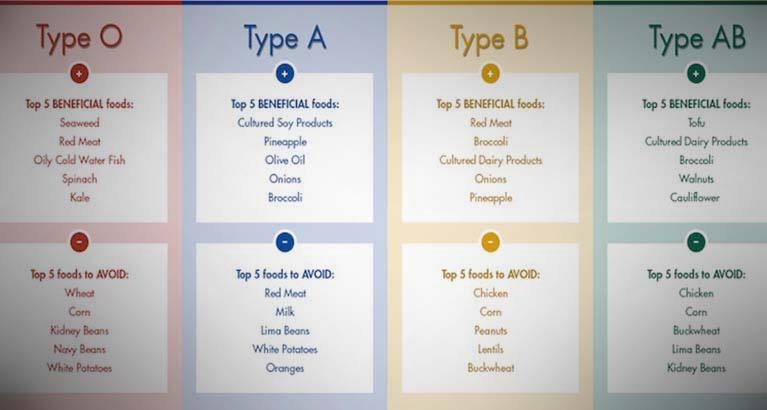
Medical experts refer to this process as Rh incompatibility. The mother’s immune system will treat the Rh-positive fetal red cells as foreign and make anti-D antibodies to damage the baby's red blood cells. There are several stages in pregnancy when the Rh-positive fetal red cells can enter the mother’s system, such as during labor. It is essential to know the mother’s and baby’s blood types because problems arise if the mother is Rh-negative, and the baby is Rh-positive. To prevent Rhesus (Rh) incompatibility during pregnancyĪnother critical scenario in which knowing the blood type is critically helpful is during pregnancy. Accurately matching your blood with the donor’s blood is therefore imperative before a transfusion.Ģ. This process triggers the fatal transfusion reaction. If you receive a blood type that is incompatible with (doesn’t match) your blood type (which rarely happens now), your body will recognize the donor’s blood cells as foreign and produce antibodies to destroy them. Knowing your blood type is especially helpful in emergencies such as emergency blood transfusion or donation. To prevent mismatching during blood transfusion This leaves us with eight blood types as follows:īefore delving into the features of different blood types, let’s first discuss the two most common scenarios where knowing your blood type is important.ġ. Will trigger RBC breakdown when they encounter rhesus incompatible blood cells.ĭepending on the genes inherited from your parents, you may fall under one of the four primary blood types:Įach of the four ABO blood types can then be either Rh+ or Rh-, depending on the presence or absence of the Rh factor. You’ll be labeled as Rh+ if your blood contains the Rh factor and Rh- if there’s no Rh factor.Īntigens of the rhesus system are proteins.įorm only in rhesus-negative people after exposure to rhesus-positive antigen. Rh factor is a protein found on the RBCs and indicated by the positive or negative sign next to the letters in your blood group. Rh antigens, of which the most clinically significant is the Rh(D) antigen or factor. What is the Rhesus (Rh) blood group system? Will trigger RBC breakdown when they encounter ABO-incompatible blood cells.

Occur naturally in your body when there are no corresponding antigens (see below). Two antibodies called anti-A and anti-B antibodies in the plasma. May be present alone or as a combo or be absent. Two antigens named antigen A and antigen B on RBCs.


Now that we know what an antigen and antibody are, let's talk about which antigens and antibodies make up the ABO system. This article will cover the two central blood type systems: The ABO and Rhesus systems.

There are about 36 recognized blood systems today. This attack causes your RBCs to break - a process termed hemolysis - that induces destruction. If the antigen identified is foreign, antibodies launch an attack to defend you from that antigen. As part of your immune system, antibodies tend to identify antigens on the surfaces of RBCs. Antibodies to blood group antigens are found in your plasma. The type of antigen on the RBCs determines your blood type.Īnother term related to but different from the antigen is an antibody. An antigen is a substance that induces an immune response. Blood types are the antigens (sugars or proteins) found on the surface of red blood cells (RBCs). Are you an A+ or a B-? These are not your school grades - but your blood types.


 0 kommentar(er)
0 kommentar(er)
